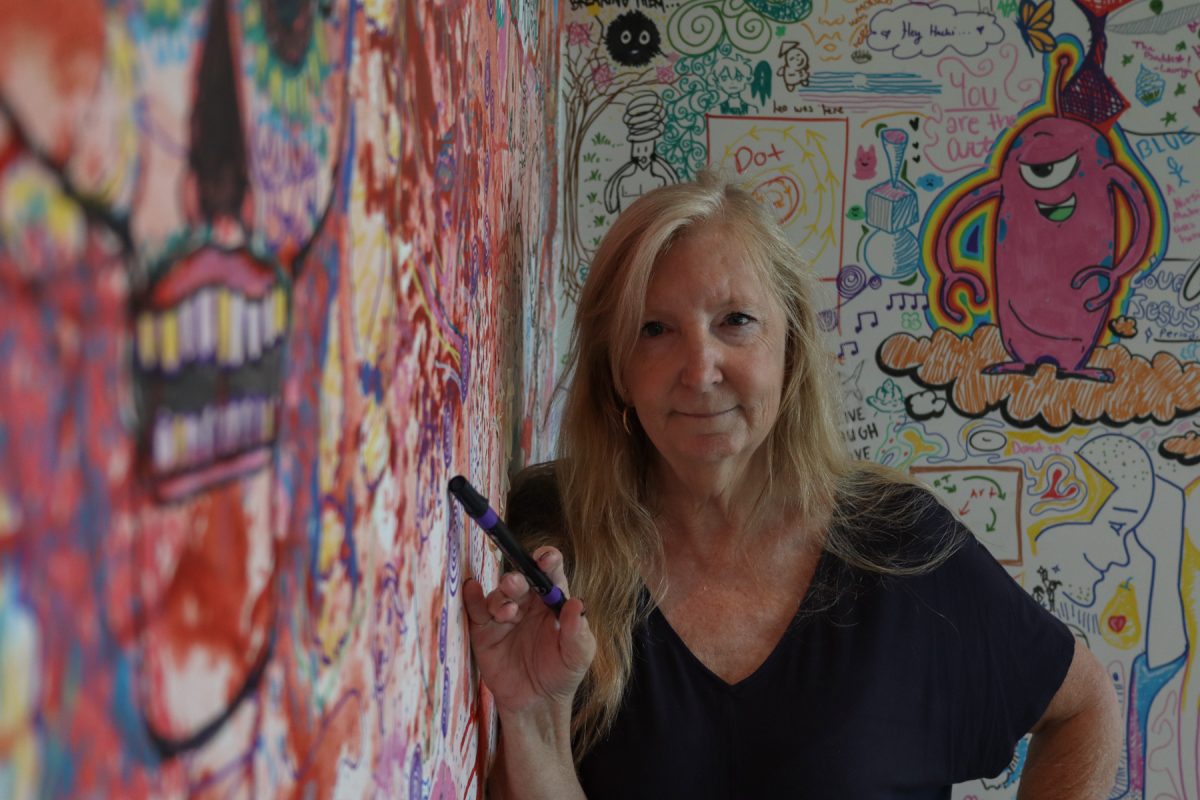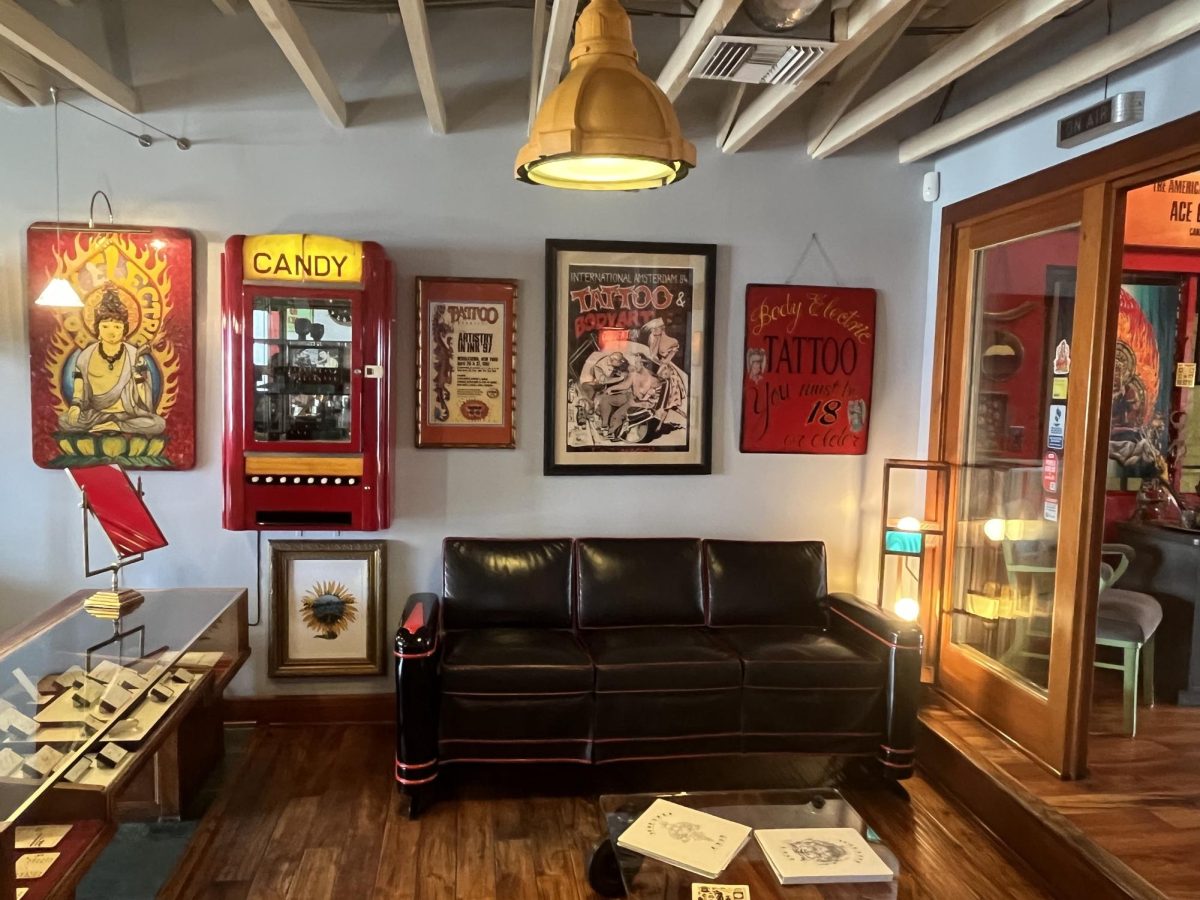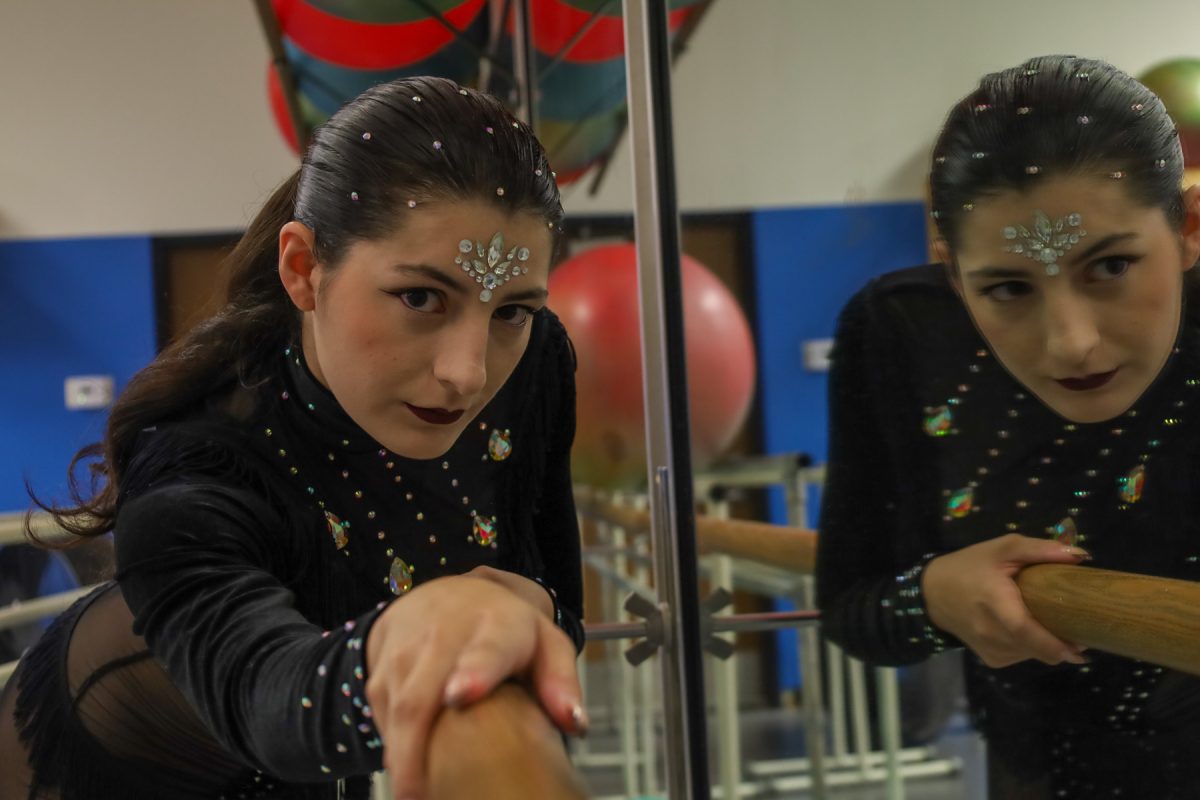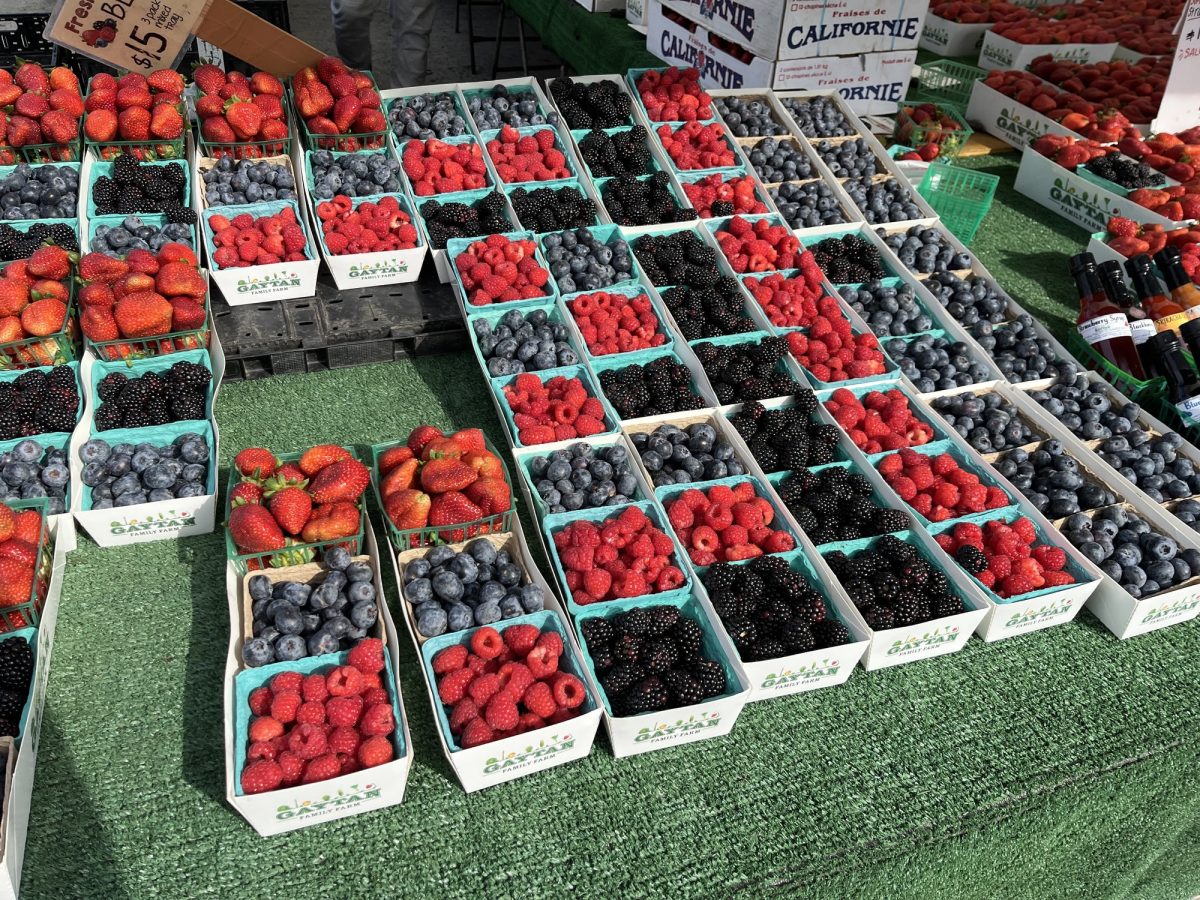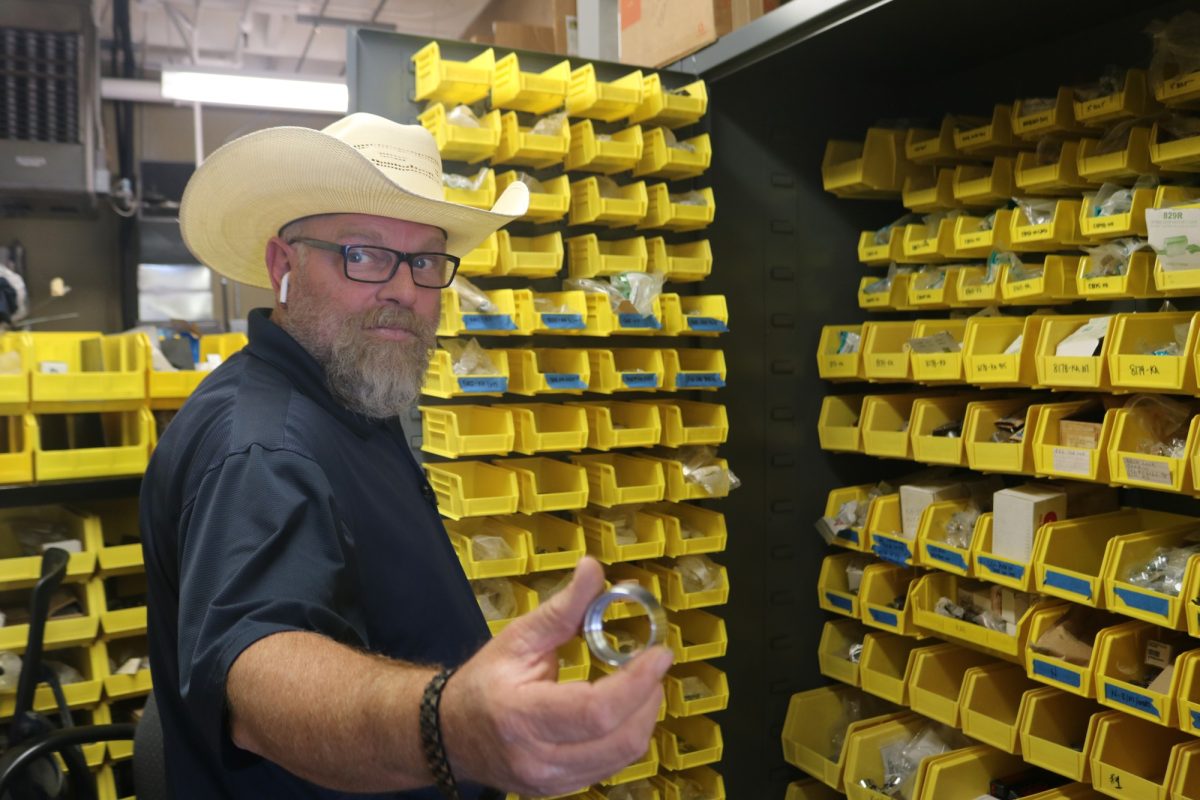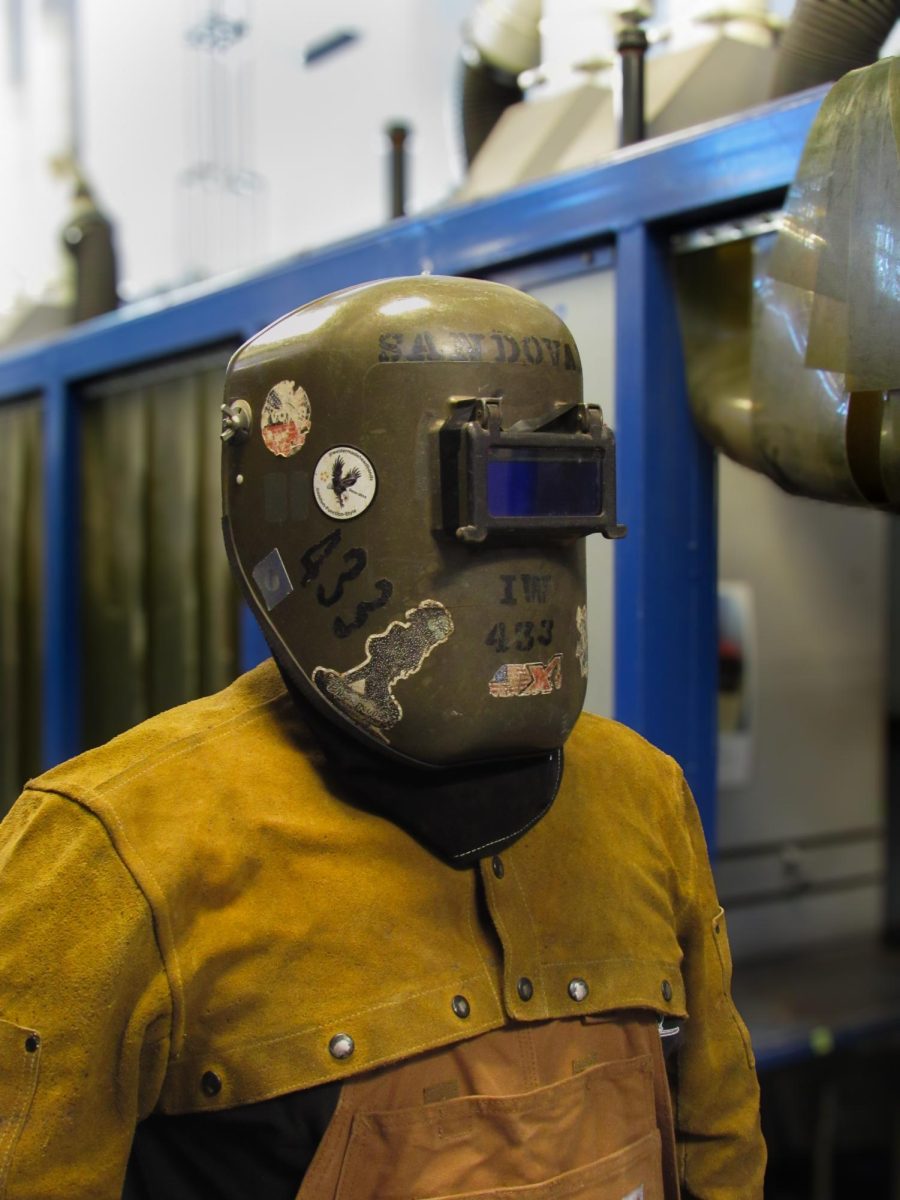The feel of synthetic bristles on my cheeks as my closest friend attempts to do my makeup.
The compactness of my bedroom when my friends and I huddle to exchange whispers.
The support of a shoulder when my head needs somewhere to lay.
Today, the friendships I have with other women remain the foundations of my growth as I navigate through young adulthood and learn to define who I am.
However, when I was younger, I did not always consider the value of my friendships.
Growing up, I faced a lot of the ups and downs of female friendships just as many girls do. Many friendships in my youth were interrupted by the surge of internalized misogyny, jealousy and our culture of often pitting women against each other.
It was not until high school that I realized how vital the role of my female friends had become in navigating life.
When I began to struggle with anxiety, I knew that, at the very least, I could share what I was going through with someone who understood me. I would get so overwhelmed and in my head that I struggled to articulate how I felt.
Yet somehow, my closest friends recognized without fail if I felt off.
While the trips to the mall and the inside jokes among friends were formative in their own way, the aspect of my female friendships that most uplifted me was this common ground of understanding that we all stood on.
My introduction to vulnerability was within the friendships of my girlhood.
My friends and I could all relate to one another and have conversations about the issues that plagued us – my strained relationship with my mom, Andrea’s struggles with mental health, and Dayana’s indecisiveness regarding her future.
We had found an understanding within each other that was ultimately the most beneficial to our development.
Fostering and maintaining these friendships has been a priority as I’ve gotten a bit older and entered a stage where friendships are no longer kept up through the close proximity of school.
As a college student, I am reminded of the importance of having someone by your side as you grow—not only when you’ve triumphed academically but also in the emotional aspects of college—overcoming self-doubt, tackling imposter syndrome, and dealing with the anxieties of the impending “real world.”
The growing pains of adulthood manifest themselves in busy schedules and once-unnecessary efforts, but the remedy to this is an understanding of change.
As each of my friends begins their journey pursuing different paths, obstacles such as contrasting class times and working on the weekends are introduced.
However, this understanding of change prompts me to make conscious efforts for my friends, helping me carve out the time for them and be willing to try for them.
As I entered these stages of adulthood, I had to recognize the value of human connection while also becoming aware of the additional effort required with the introduction of responsibilities.
Especially now when the social sphere amongst my age group appears to be in a rut.
It’s become clear to me that one of the pandemic’s hindrances affecting people is the rise of loneliness.
According to a 2021 study led by the U.S. Public Health Services, loneliness amongst younger individuals has surged and become an epidemic.
The study uncovered that 79% of people ages 18 to 24 reported feeling lonely, an issue exacerbated by the COVID-19 pandemic.
However, the numbers had been surging prior to the pandemic regardless.
The pandemic affected many demographics in a variety of ways, but it specifically impacted the formation of friendships among young adults, who faced limited social experiences and instead faced an influx in online interactions and communication.
Similarly to other young adults my age, I dealt with the social repercussions of the pandemic. I feel stunted in my growth from having a formative year taken from me, as well as facing lingering loneliness from isolation.
When I returned to school following the pandemic, I was a high school senior and understood the importance of my friendships.
My time attending a community college has allowed me to experience the commitment of being a full-time student. It has revealed how responsibilities can create a form of distance within my relationships, but it has also revealed how I can put in alleviating efforts.
I am at a transitional point in my life where I have to make active choices for the sake of my relationships, communicating, staying in touch with friends – despite the challenge of distance, and learning to schedule around our commitments.
One of the hardest undertakings in young adulthood is the realization that consistency and availability are incredibly important to friendships as you grow.
Being intentional with one’s efforts and the time invested into someone else is important.
I make sure to grab lunch with my friends in between classes. I initiate study dates when we have exams. I call with the intention of catching up, and most importantly, I try to communicate. If another responsibility takes up my time, I am transparent about my commitment to my friends so they understand my circumstances and where I am coming from.
However, I refuse to let those obstacles become the culmination of my friendships.
As I age into my early twenties, I enter a newfound slate of navigating through my life, which can only be done with the presence of a support system.
In a world dwindling in connection, I hold onto the love and support that only a close friend can provide me.
While the nature of my friendships has evolved over time, trading in my girlhood for adulthood, I can reassure myself that the vulnerability and transformation that I have gained will only continue as I move forward.




